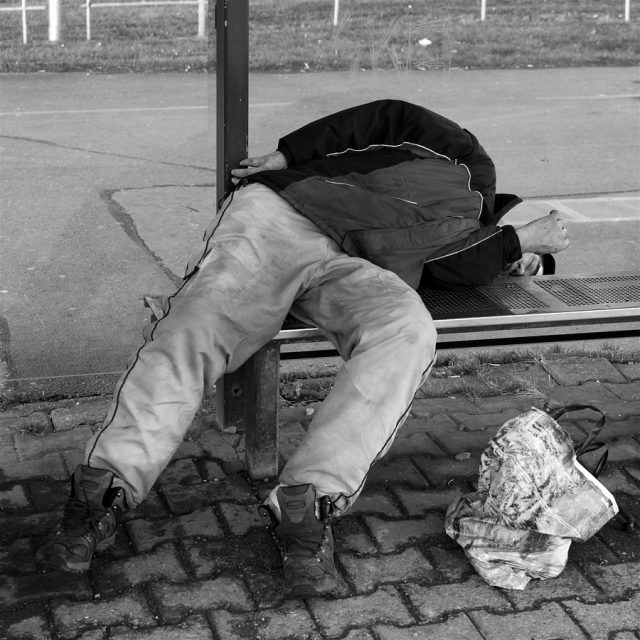

Drug addiction and alcoholism are synonymous with each other in the fact that they both destroy lives, families, and the homes of those who suffer from them. Alcoholism is simply just being addicted to alcohol, which is a drug itself, whereas drug addiction is an addiction to pretty much everything else that is substance-related, such as heroin, methamphetamines, prescription pills, etc. Both drug addiction and alcoholism are substance use disorders, and unfortunately, both are very common, even with the unpopular views surrounding them. Perhaps to first understand what leads people to drug addiction, we must first understand exactly what drug addiction is, to begin with.
When a person is suffering from an addiction to alcohol or drugs, they have a disease of the brain. Addiction is a complex condition, it is a chronic, relapsing brain disease that is manifested by compulsive, uncontrollable substance use despite harmful consequences. It is a physical and psychological dependence on drugs or alcohol regardless of what harm may come to themselves or others. While the first time someone uses drugs or alcohol is usually voluntary, the repeated use of them leads to chemical changes in the brain that affects the addicted person's self-control and inhibits their ability to stop further alcohol abuse or drug abuse.
When drugs enter the system its acts on the same part of the brain that gives us feelings of pleasure, commonly known as the reward center. Drugs bring about the same response that you would experience while enjoying a delicious meal, listening to your favorite song, or the happiness you feel after sex. After using drugs, chemicals, such as Dopamine, are released inside the brain encouraging the user to take drugs or alcohol again. After a time, it begins to replace the brain’s natural response to normal stimuli, making it difficult for other experiences to compare. The brain's structure begins to change due to the repeated release of these chemicals, without a natural reward, and the person begins to need the substance in order to feel normal again.
After repeatedly sending signals to the brain that using drugs is a rewarding experience, the brain also learns to value the substance over those more natural rewards and will begin to associate certain places, people, or things with this new behavior. This makes it challenging to stay sober, even after they’ve stopped using since they are now being triggered by these learned connections to this rewarding feeling.
If you are unsure whether you or a family member may be suffering from a substance abuse disorder then here are a few key signs that what may have initially started as recreational use has now become a problem;

Unfortunately, there is no one determining factor on how to tell who will use drugs and alcohol and who will eventually become addicted to them. However, according to the National Institute on Drug Abuse, people begin using drugs for a variety of reasons, including;
Anyone can become an addict, even after using drugs just one time. No one responds to drugs in the exact same way and there is no way to tell beforehand who may or may not become addicted, but there are several risk factors that can increase the likelihood that someone will develop an addiction.
There are other environmental, biological, behavioral, and socioeconomic factors that can lead someone to become addicted to drugs or alcohol. Addiction is often a disease of emotion and what leads someone to try drugs is different for everybody, sometimes it is just better to be safe than sorry and to never try them at all. You will never be entirely sure that you won't fall to the clutches of addiction. If you are addicted, seeking treatment from a professional drug rehabilitation program is highly recommended.